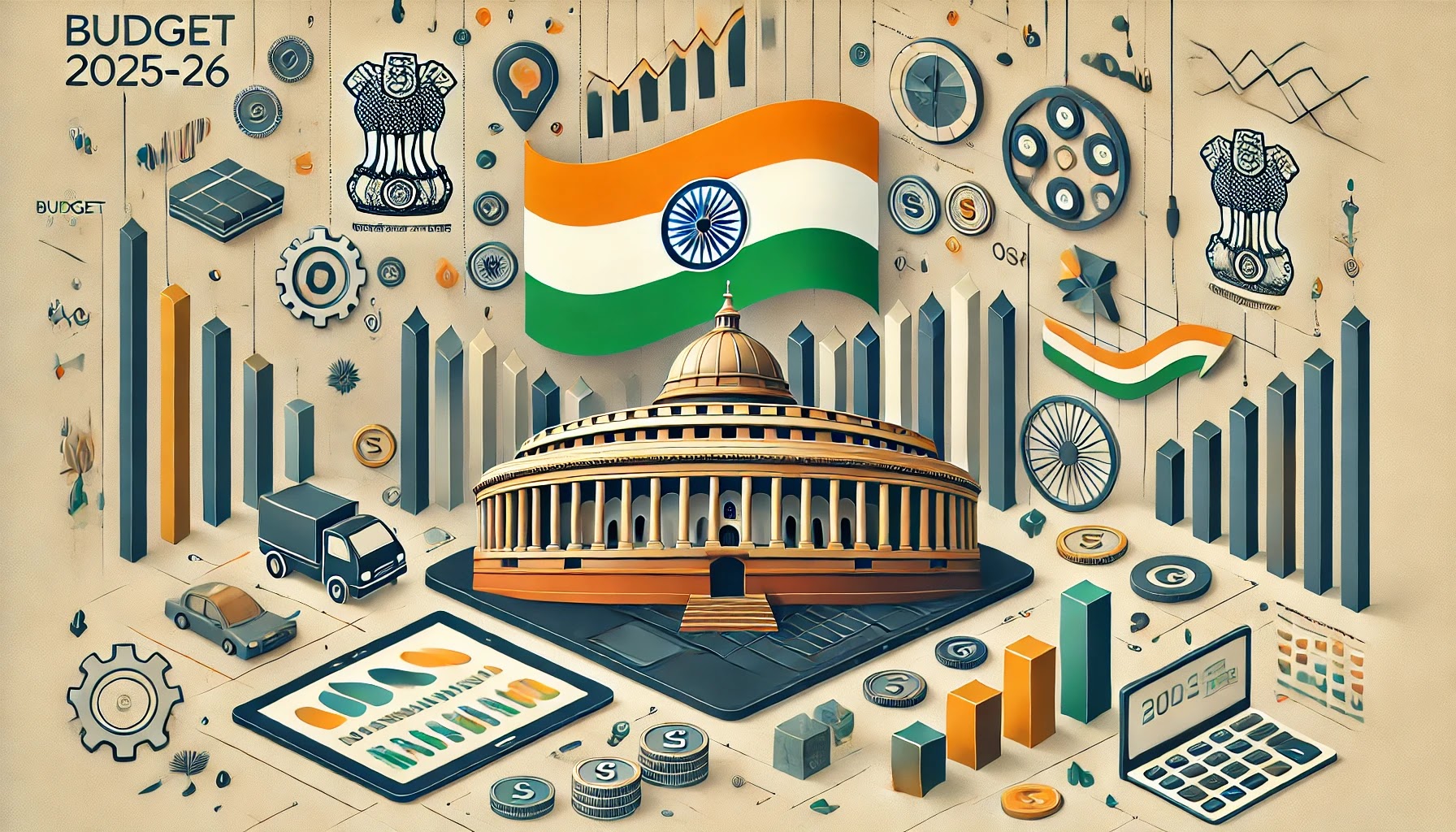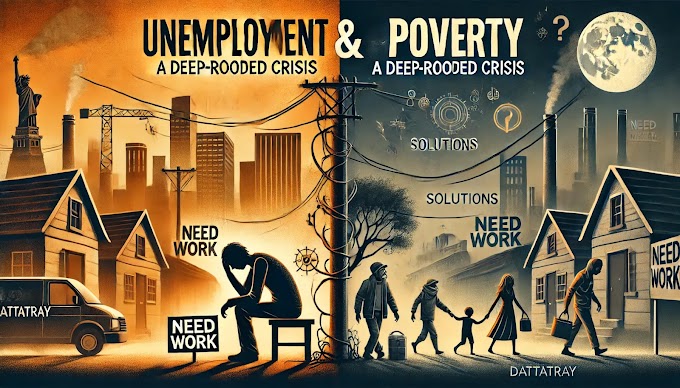The Sharing Economy: Redefining Ownership in the Digital Age
Introduction:
The economy, as we know it, is undergoing a profound transformation, largely driven by digital innovation. One of the most unique and disruptive changes is the emergence of the sharing economy. This article explores how the sharing economy is redefining ownership, consumption, and work in the digital age.
Understanding the Sharing Economy:
The sharing economy, also known as the gig economy or collaborative consumption, is an economic model that revolves around shared access to goods and services. It allows individuals to rent or share assets like vehicles, homes, and even their skills with others through online platforms.
Key Elements of the Sharing Economy:
Peer-to-Peer Transactions:
The sharing economy bypasses traditional middlemen, enabling direct transactions between individuals.
Asset Sharing:
Instead of owning assets, people can now share them. This includes car-sharing, home-sharing, and tool-sharing platforms.
On-Demand Services:
The sharing economy encompasses on-demand services like ride-sharing, food delivery, and freelance work opportunities.
The Impact on Ownership:
The sharing economy challenges traditional notions of ownership in several ways:
Access Over Ownership:
Rather than owning a car, for example, people opt for ride-sharing services when they need transportation. This shift from ownership to access is not only cost-effective but also environmentally friendly.
Monetizing Idle Assets:
People are capitalizing on their idle assets. Spare rooms, vacant properties, and free time can be monetized through platforms like Airbnb and Uber.
Reduced Clutter:
With the ability to rent items like tools or recreational equipment, people can declutter their lives and homes.
Benefits of the Sharing Economy:
Economic Efficiency:
The sharing economy can lead to better resource utilization and reduced waste. It allows for more efficient use of assets, as they are in constant circulation.
Income Generation:
Individuals can generate income by renting out their homes, driving for ride-sharing services, or providing freelance services.
Sustainability:
By sharing resources, the sharing economy can contribute to environmental sustainability by reducing the need for the production of new goods.
Challenges and Concerns:
Regulatory Issues:
The rapid growth of the sharing economy has led to regulatory challenges, particularly regarding issues like safety, taxation, and labor rights.
Quality Control:
Ensuring the quality and safety of shared goods and services can be a concern in the absence of rigorous standards.
Impact on Traditional Industries:
Established industries, such as the taxi and hotel industries, have felt the disruptive impact of the sharing economy.
Conclusion:
The sharing economy is a unique and transformative force in the modern economy. It offers both opportunities and challenges, from unlocking economic value in underutilized assets to reshaping traditional industries. The way we perceive ownership, work, and consumption is evolving, with digital platforms and peer-to-peer transactions at the forefront of this economic revolution.
As the sharing economy continues to mature and adapt, it will be essential to address regulatory concerns, ensure the well-being of workers, and strike a balance between access and ownership. In this digital age, the sharing economy stands as a testament to the potential of collaborative, innovative, and more sustainable economic models.
Thanks For Reading ( Have A Great Week :)







.png)



.png)


0 Comments